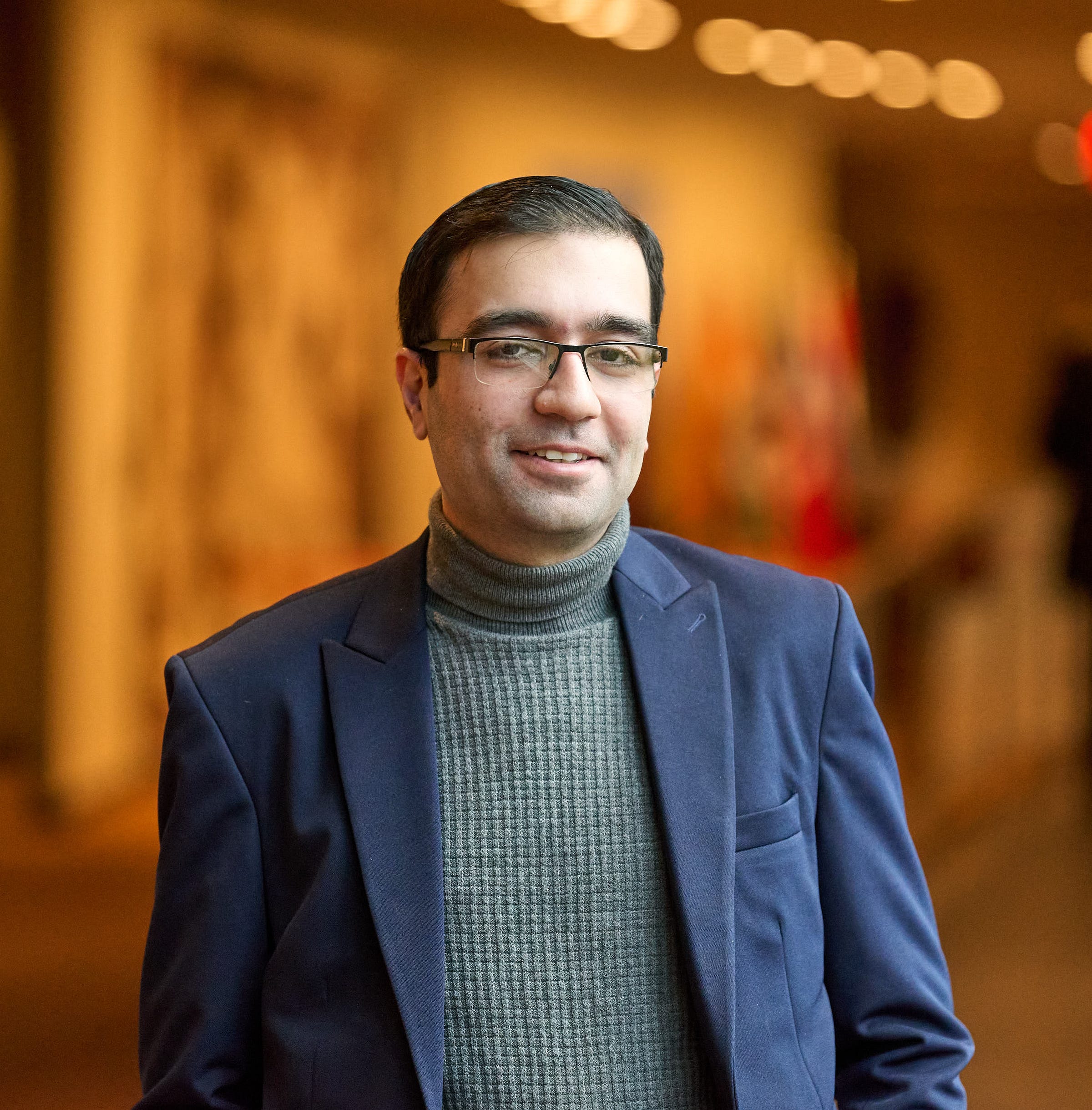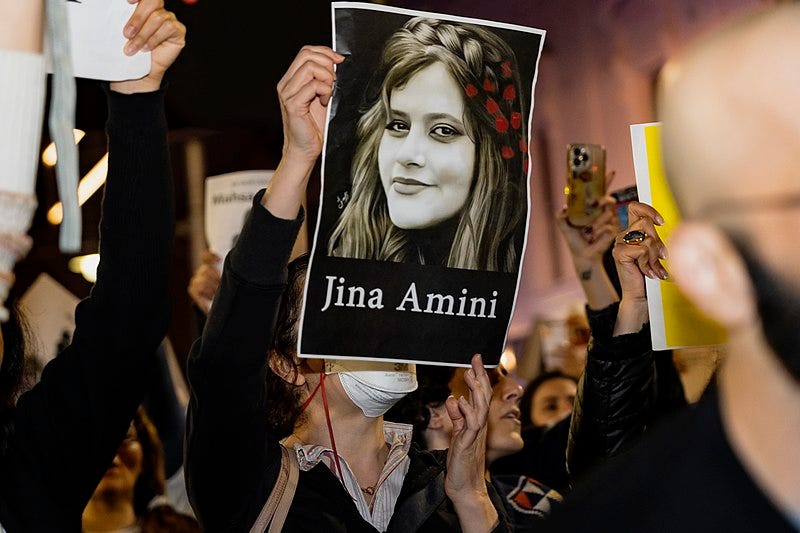Iran is an ubiquitous, spectral presence in the American collective consciousness:
—Iran’s regime systematically unleashes horrific cruelty against its own people. Women have been targeted by the “morality police.” Worldwide condemnation and demonstrations ensued following the tragic death of twenty-two- year-old Mahsa Amini in September 2022. A member of Iran’s Kurdish minority, she was detained and beaten for violating veil requirements for females. She died three days later.
—The Iranian regime is ramping up its ongoing cooperation with the Russian government.
— The US Central Intelligence Agency, working with the British government, orchestrated the 1953 coup that overthrew the elected Iranian prime minister, Mohammad Mossedegh. A succession of American administrations backed Mossadegh’s successor, Shah Mohammad Reza Pahlavi, from 1953-79. The United States has imposed a range of sanctions against the Iranian regime since 1979.
In the new world of 2024, how should Americans think about the US-Iran relationship?
In this episode of the Serve to Lead podcast, noted journalist Kourosh Ziabari shares his perspective. Ziabari represents a rising generation in Iran and the US. Currently enrolled in the master’s program of the Columbia Journalism School, he has accrued experiences worthy of an extended career. Ziabari urges Americans to distinguish between our reactions to the authoritarian regime in Teheran and our affinities with the Iranian people.
About Kourosh Ziabari
Kourosh Ziabari is an award-winning Iranian journalist, writer and media correspondent.
Kourosh is the recipient of the Professional Excellence Award from the Foreign Press Correspondents Association. He is also the silver medal winner of the Prince Albert II of Monaco and United Nations Correspondents Association’s Global Prize for Coverage of Climate Change.
Kourosh was born on April 27, 1990, in the northern Iranian city of Rasht. Having practiced journalism since a very young age, he started his career with the local Hatef weekly magazine in early 2000s. By the time he was a high school student, his writings had been featured by most of the nationally-circulated dailies in Iran. Between 2007-2012, he was a regular contributor to Daneshmand magazine, Iran’s oldest popular science magazine.
Articles and interviews by Kourosh Ziabari have appeared in a variety of international publications including Foreign Policy, Al-Monitor, The National Interest, Middle East Eye, The New Arab, TRT World, PassBlue, Democracy in Exile, Middle East Institute, Arab Center Washington DC, Arab Gulf States Institute in Washington, Responsible Statecraft, openDemocracy, The Huffington Post, Fair Observer, Lobelog, International Policy Digest, Your Middle East, Al-Arabiya, Eurasia Review, Truth Out, Silvia Cattori, Voltaire Network, Online Opinion, Counter Punch, Istanbul Literary Review, Turkish Weekly Journal, Ovi Magazine, Arab News, The Nation (Pakistan), Foreign Policy In Focus, Media Monitors, Arab Online, QW Magazine, and many others.
As an expert and commentator on Iran and the Middle East, Kourosh has been interviewed by Drivetime, a popular radio station Cape Town, The World Weekly, BBC World Service, The Media Line, Russia Today, PBS Mediashift, Popular Discourse and Radio Voice of Russia.
His work has been cited in several books and academic journals, including the 2017 book “The Bitter Taste of Hope: Ideals, Ideologies and Interests in the Age of Obama” by Prof Stephen Eric Bronner.
He is married to Zahra Kazemi, a graduate of English language and literature. They met while they were studying English language at the University of Guilan.
Among his many accomplishments and experiences, he puts one at the top: “In the afternoon of Sunday, April 20, 2014, a turning point emerged in the personal life of Kourosh, and his daughter, Termeh opened her eyes to this world. Kourosh hopes that Termeh will one day become a great scholar, journalist or scientist!”
Image Credit | kouroshziabari.com; Mahsa Amini, hospital, Public Domain via Radio Free Europe/Radio Liberty; Demonstration in Melbourne, Australia, following death of Mahsa Amini, Matt Hrkac from Geelong / Melbourne, Australia, CC BY 2.0, via Wikimedia Commons.

















Share this post